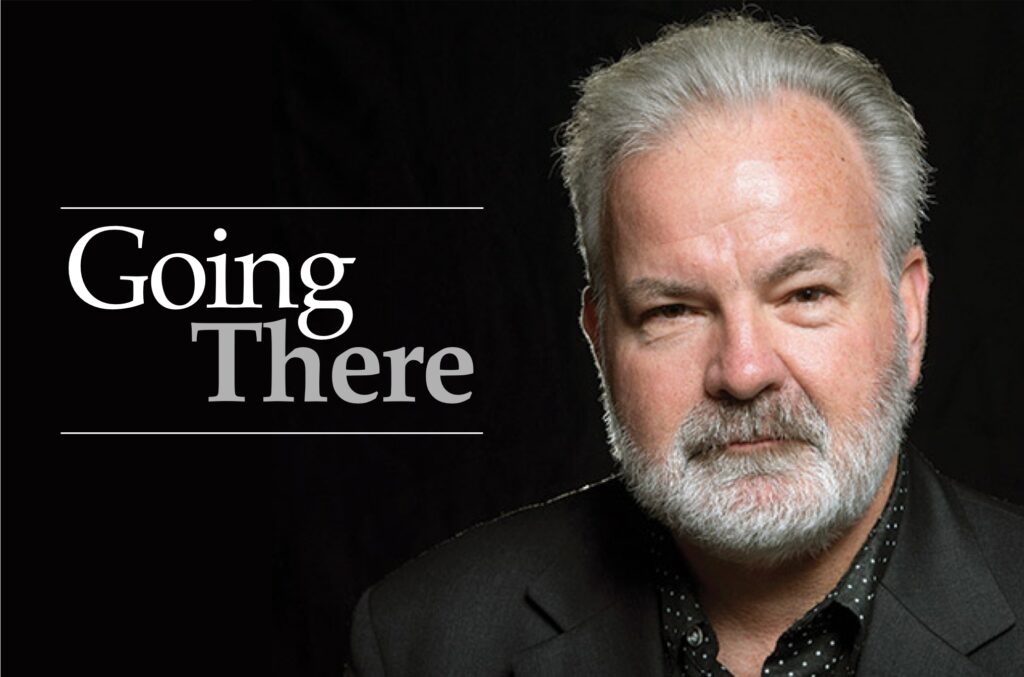Yellow bins and dividends
by Freeman Allen
Claremont recently took two major actions toward a sustainable economy and environment. Both actions further goals in the Claremont Sustainable City Plan.
On May 9, the Claremont City Council passed a resolution to ask our congressional representatives to support legislation that would create a national Carbon Fee and Dividend program. This is extraordinary, as the city rarely takes a position on federal legislation.
By doing so, Claremont joined a few other California cities, such as San Francisco, in taking leadership by endorsing federal legislation to help control global warming. In their recent book, Climate of?Hope, Michael Bloomberg and Carl Pope show how environmentalists and economists can come together to advocate measures to control global warming and benefit the economy, while protecting our health and the environment. They make the case that cities must take the lead.
Lobbying in Washington DC is a $3 billion per-year enterprise dedicated to creating and protecting tax loopholes and other actions that keep our market-based system from operating efficiently. Coal, oil, gasoline and other carbon-based fuels form carbon dioxide when burned, and increasing carbon dioxide in the atmosphere is the main cause of global warming.
For an equitable market economy, the costs related to damage caused by carbon fuels should be added to their price. Energy from alternate sources such as solar and wind would be relatively cheaper than they are now, and this would stimulate the use of these sources to the benefit of both our economy and the environment—and more so if subsides subsidies were also eliminated.
A national Carbon Fee and Dividend system would make the market more equitable by charging a per-ton fee for the carbon dioxide that contributes to global warming. An initial fee of $15 per ton, increasing each year by $10, has been proposed by the Citizens Climate Lobby. All the money collected, less expenses, would be returned to the community through a monthly dividend payment to each person. For most people this would more than cover their added fuel costs.
A thorough analysis showed that within 20 years this could strongly stimulate our economy, create 2.8 million new jobs, and reduce greenhouse gas emissions to 52 percent below 1990 levels. Also, SB775 was introduced this month in the California senate. It would replace our cap-and-trade system for greenhouse gasses with a Carbon Fee and Dividend.
Since Carbon Fee and Dividend is market-driven, does not create bigger government and will be effective in helping to control global warming, it is gaining support from both conservative and liberal legislators. For more on this proposal you can view a video of the sustainability dialog “A Carbon Fee and Dividend Program” presented on December 5, 2016. The video and a four-minute summary are posted at sustainableclaremont.org.
You may have noticed new yellow bins in waste collection areas. This is a sign of Claremont’s second recent environmental action. These bins are to collect Claremont’s commercial food waste and keep it from being buried in landfills, where it becomes the source of methane gas and adds to global warming. The food waste will be collected by the city and hauled elsewhere to create compost, which is a valuable soil additive and plant nutrient. This is a significant environmental benefit, but the city will be paying to have a potentially valuable resource hauled away and processed.
The Growing Club in the city of Pomona has shown how food waste can be composted and used locally for urban agriculture in a relatively small area without odor or rodent problems. There would again be both an economic and an environmental benefit.
The city of Claremont has applied for a grant to support a demonstration project in town to show how this might be done. Sustainable Claremont, with the Growing Club, is leading this initiative. Please contact the Sustainable Claremont office if you would like to help or to learn more.
On Sunday, May 21 at 3 p.m., Sustainable Claremont’s Waste Task Force will be meeting in the Lenz Classroom at the Rancho Santa Ana Botanic Garden to discuss this program. You would be welcome.
Demystifying Sustainability is a project of Sustainable Claremont (sustainableclaremont.org). Follow them on Facebook (facebook.com/sustainableclaremont) and on Twitter@GreenClaremont.









0 Comments